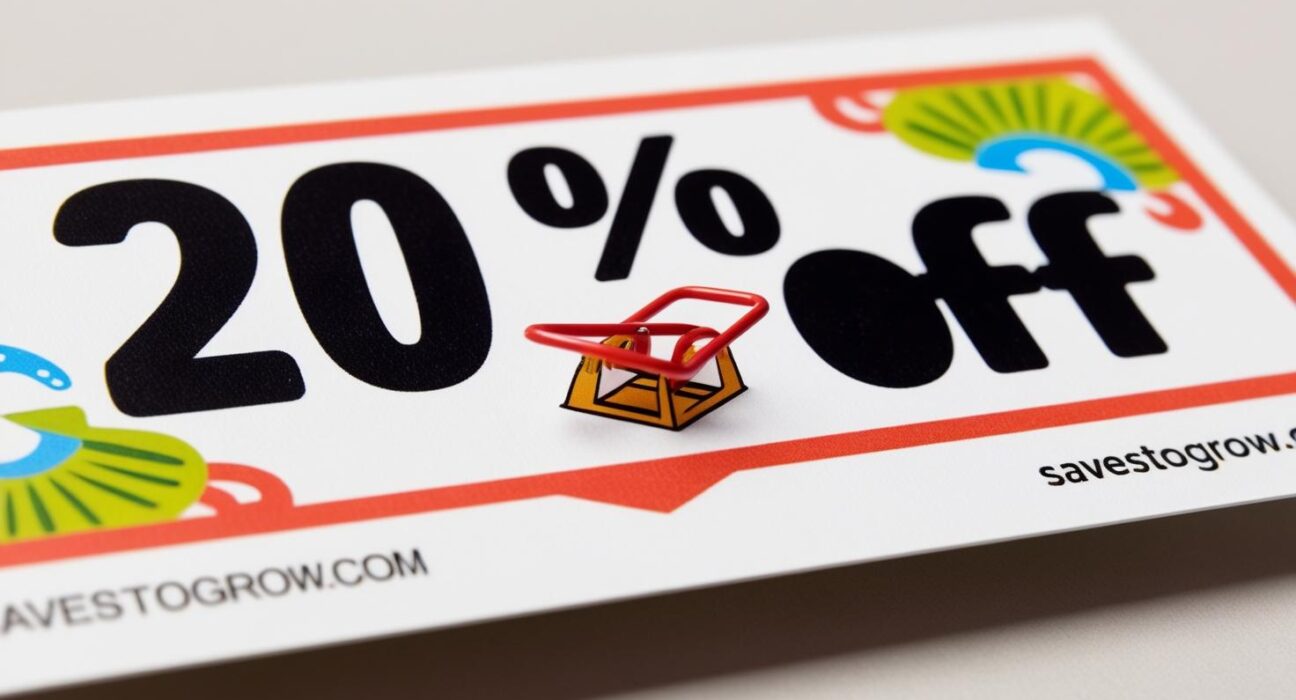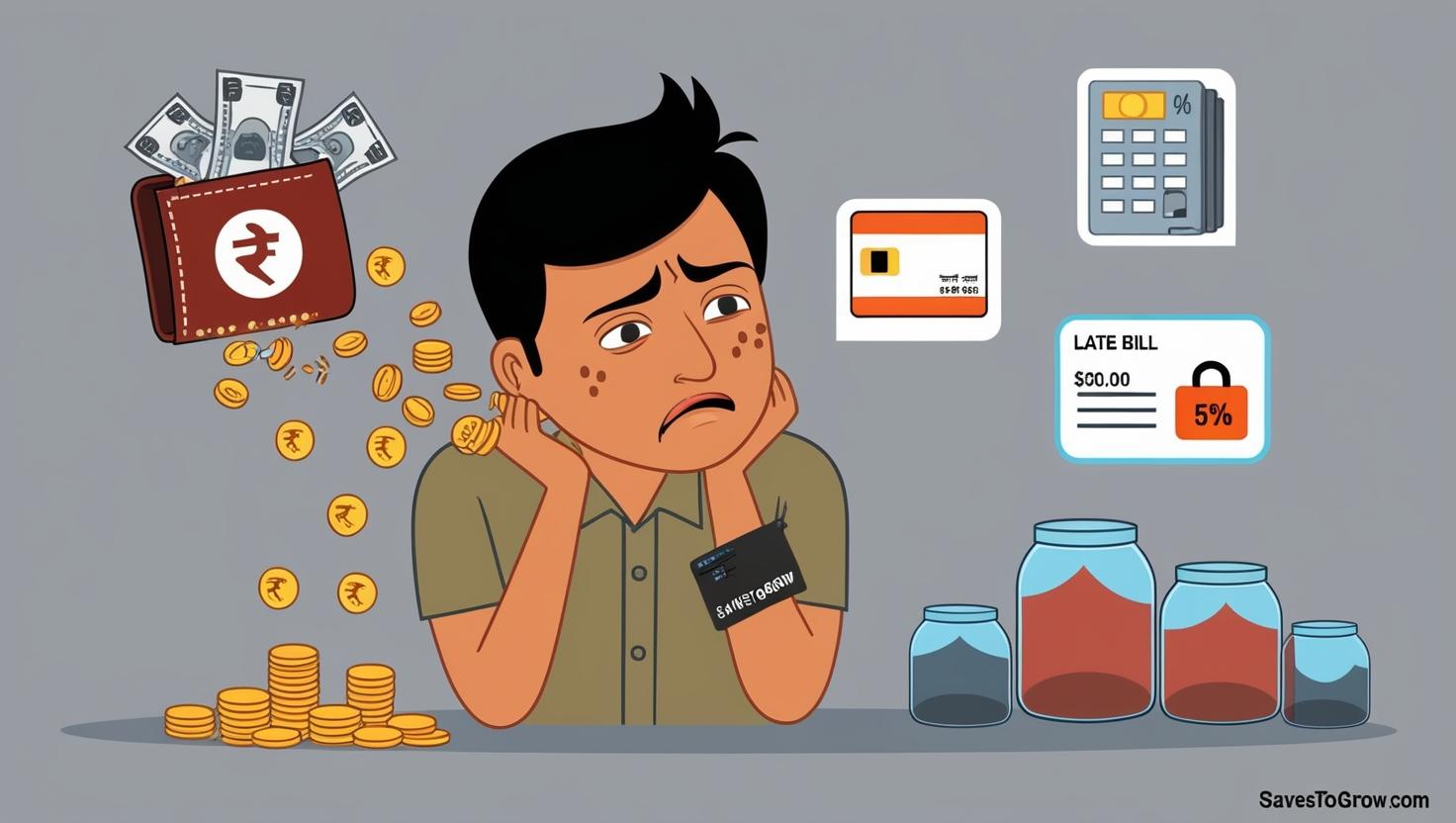Coupons Feel Smart. But They’re Playing You.
Every time you “save” with a coupon, it feels like a win. But here’s the truth:
Most coupons are just marketing traps dressed as savings.
They don’t make you smarter with your money—they make you spend more than you planned. Let’s break down the game behind the curtain—and how to beat it with smarter tactics that save you real money, not fake discounts.
🧠 The Psychology Behind Coupons
Coupons trigger two things:
- Urgency (“This deal ends tonight!”)
- Justification (“I’m saving, so it’s okay to buy this now.”)
That’s not savings. That’s consumer manipulation.
You weren’t going to buy that overpriced lotion. But now it’s 20% off? Suddenly you “need” it.
Here’s Why Coupons Are a Scam
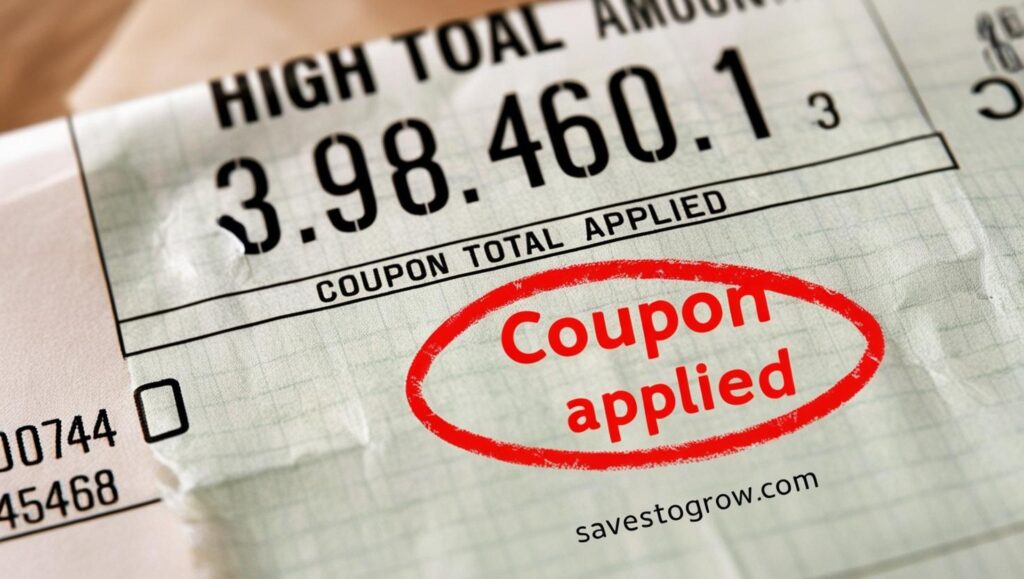
1. They Inflate Prices Before Discounting
Retailers often mark up prices just to slap a coupon on top.
- A $100 product “discounted” to $70? It was probably worth $60 to begin with.
- You’re not getting a deal—you’re getting played.
Real Cost: You feel like you saved $30 but overpaid by $10.
2. Coupons Drive Impulse Spending
You were browsing. Now you’re buying—only because of the “deal.”
- 30% off? You buy 3 items instead of 1.
- Free shipping over $75? You spend $80 instead of $40.
Real Cost: You didn’t save 30%. You spent 2x what you planned.
3. They Lock You Into Brand Loyalty
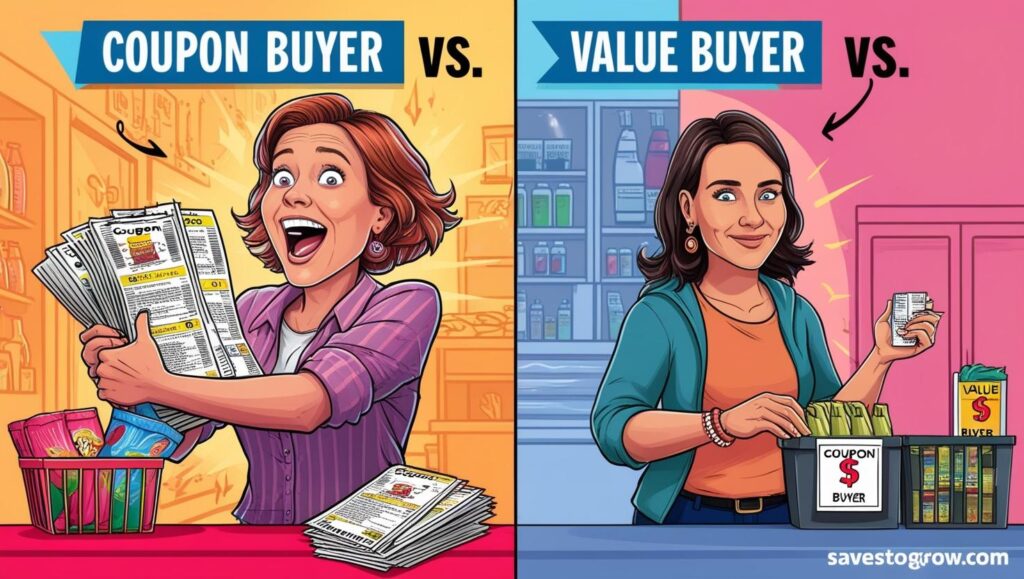
Coupons keep you buying the same overpriced brand instead of seeking better value.
- That $6 cereal is “on sale” for $4.50.
- A generic brand might cost $2.50 with the same ingredients.
Real Cost: You saved $1.50… and overpaid $2.
4. They Waste Your Time and Mental Bandwidth
Clipping, searching, testing codes—it adds up.
- How much is your time worth?
- Would you rather chase 10% off or find ways to cut costs at the root?
Real Cost: Stress, decision fatigue, and time you never get back.
What Actually Saves You 30%—Every Time

Here’s what smart savers do instead of chasing coupons:
✅ 1. Use Price Trackers, Not Coupons
Tools like CamelCamelCamel, Honey, and Keepa show real price history.
- You’ll see when a price is fake or inflated.
- Set alerts and buy when prices drop for real—not “on sale.”
Savings: 20–40% on big-ticket items without needing a promo code.
✅ 2. Buy Generic, Not Branded
In groceries and household goods, store brands = same quality.
- Generic painkillers? Same active ingredients.
- Generic oatmeal? Same farms, different label.
Savings: Up to 50% per product, no coupon needed.
✅ 3. Master the Buy-Nothing Window
Want something? Don’t buy it right away. Wait 48 hours.
- If it still feels worth it after 2 days, buy it.
- 70% of “wants” fade with time.
Savings: Easily 30–70% less buying just by delaying.
✅ 4. Use Cashback + Reward Stacking
Use tools like Rakuten, BeFrugal, and cashback credit cards.
- Stack cashback + sale price + loyalty points.
- No digging. No code-hunting.
Savings: 5–15% per purchase—compounded across the year.
✅ 5. Automate Smart Shopping with Browser Extensions
Extensions like Capital One Shopping and Slickdeals do the work for you.
- No time wasted. No guesswork.
- They find the best total price across sites.
Savings: Instant price drops without chasing gimmicks.
My Wake-Up Moment
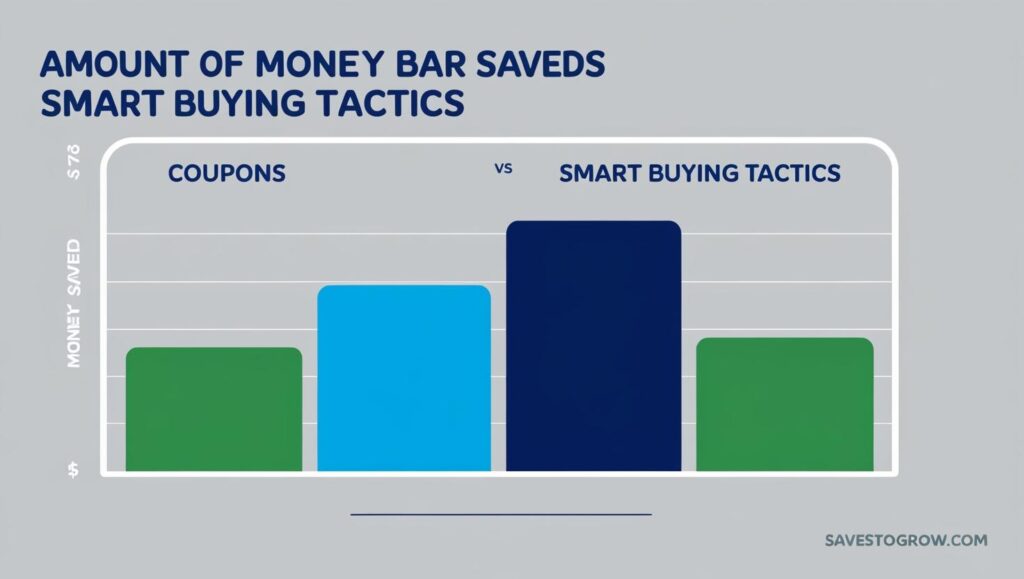
I used to be a coupon junkie. I’d spend 30 minutes finding a 10% code—only to buy something I didn’t need.
Then I tracked my spend for 3 months. I realized:
- Coupons made me spend 28% more, not less.
- The items I bought “on sale” sat unused.
Once I shifted to value-based buying and tracking real prices, I saved more, bought less, and felt in control—not manipulated.
FAQ
Q: Are all coupons bad?
No. But if you wouldn’t buy the product without the coupon, it’s probably not worth it.
Q: What about grocery apps like Ibotta or Fetch?
They work if you were buying the item anyway. But don’t let rebates dictate your list.
Q: Should I still use Honey or Capital One Shopping?
Yes—but let them run in the background. Don’t chase deals. Let them find real price drops passively.
Q: What’s the #1 way to save money fast?
Stop emotional buying. Delay purchases. Track what you spend for 30 days—it’s eye-opening.


